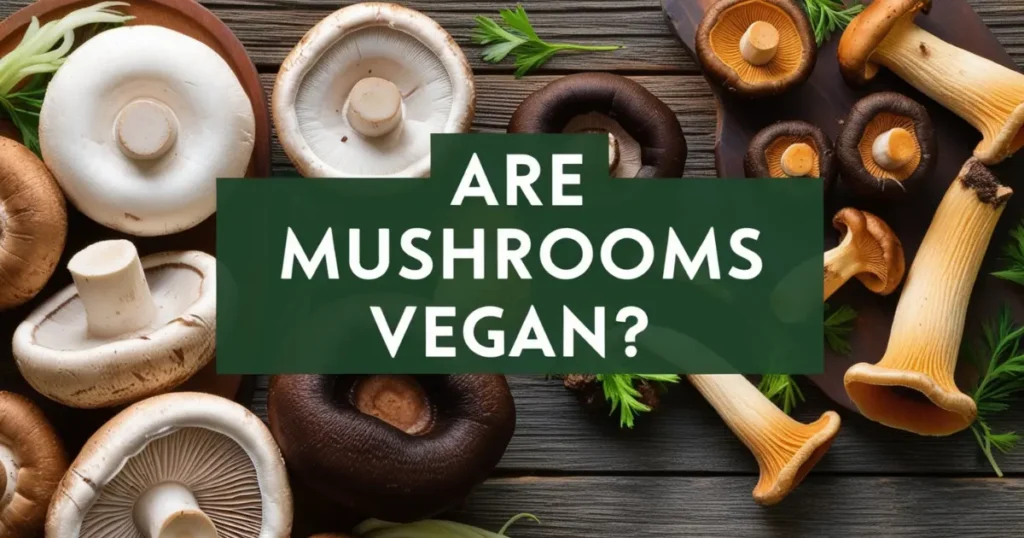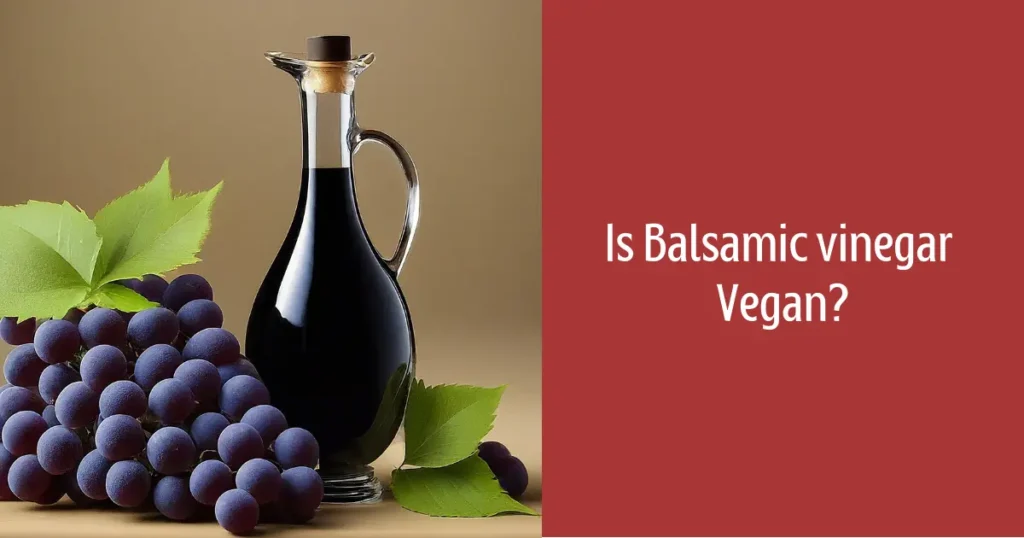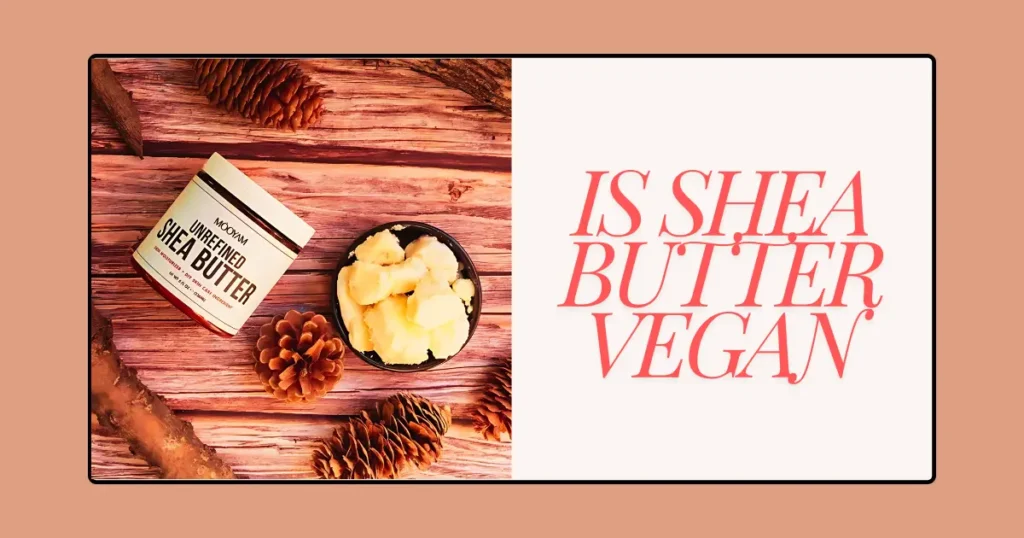Mushrooms, with their earthy flavor and unique texture, are a staple ingredient in various cuisines. But are mushrooms vegan? The answer is straightforward: yes, mushrooms are vegan. They are fungi, not animals, and their cultivation generally avoids animal-derived products. However, mushrooms are more fascinating than they might initially seem. Exploring their nature, history, and types reveals why they hold such an essential place in the plant-based lifestyle.
What Are Mushrooms?
Mushrooms are the fruiting bodies of fungi, a kingdom of organisms entirely distinct from plants and animals. Unlike plants, mushrooms do not rely on sunlight for growth. Instead, they obtain nutrients by breaking down organic matter, such as decaying wood, soil, or compost. This adaptability makes them highly versatile and vital in ecosystems, where they play a critical role in decomposition and nutrient recycling.
How Did Humans Discover Mushrooms as Food?
Humans have been consuming mushrooms for thousands of years. Ancient civilizations, including the Egyptians, considered them a delicacy fit only for royalty. Chinese medicinal texts, written over 2,000 years ago, documented the health benefits of mushrooms. Early foragers likely observed animals eating mushrooms, which encouraged experimentation. Through trial and error, edible varieties were identified, while toxic ones were avoided, ensuring their safe inclusion in diets worldwide.
Types of Mushrooms
Mushrooms come in many shapes, sizes, and flavors. Each type offers unique characteristics that suit various dishes and culinary styles.
1. White Button Mushrooms
These are the most widely consumed mushrooms globally. With a mild flavor, they work well in salads, pizzas, and stir-fries. Their affordability and accessibility make them a go-to choice for everyday meals.
2. Cremini Mushrooms
Also known as baby bellas, cremini mushrooms are slightly darker and more flavorful than white button mushrooms. They add depth to soups, pasta, and casseroles, enhancing the umami taste of dishes.
3. Portobello Mushrooms
As the mature form of cremini mushrooms, portobellos are prized for their large size and meaty texture. They are excellent as a plant-based alternative in burgers or steaks.
4. Shiitake Mushrooms
Native to East Asia, shiitake mushrooms are known for their smoky, rich flavor. They are commonly used in stir-fries, soups, and sauces, offering both taste and potential health benefits, such as immune support.
5. Oyster Mushrooms
With their fan-like shape and delicate texture, oyster mushrooms are a favorite in gourmet dishes. Their subtle flavor makes them versatile for sautéing or adding to stir-fries.
6. Enoki Mushrooms
Enoki mushrooms have long, thin stems and a crisp texture. Popular in Asian cuisines, they are often used in hot pots and soups, absorbing the flavors of accompanying ingredients.
7. Morel Mushrooms
Morel mushrooms are sought after by chefs for their nutty, earthy flavor. Often foraged in the wild, they are challenging to cultivate, adding to their allure in gourmet cooking.
8. Chanterelle Mushrooms
Chanterelles are golden-yellow mushrooms with a slightly fruity aroma. Popular in European dishes, they are typically sautéed with herbs and butter for a rich and aromatic flavor.
9. Truffles
While technically a type of mushroom, truffles grow underground near tree roots. They are prized for their intense aroma and used sparingly due to their high cost, enhancing dishes with their unique flavor.
Can Mushrooms Become Non-Vegan During Cultivation or Packaging?
Although mushrooms themselves are vegan, certain cultivation or packaging practices may introduce non-vegan elements.
- Use of Animal-Derived Fertilizers: Some mushroom farms use compost or fertilizers containing animal products, such as manure or bone meal. This is not a universal practice, but it’s worth considering for strict vegans.
- Beeswax in Packaging: Occasionally, protective coatings like beeswax are used for packaging mushrooms. While rare, it may be a concern.
- Cross-Contamination: Processing facilities handling non-vegan items may pose a risk of contamination.
Ensuring Mushrooms Are Vegan-Friendly
- Choose Organic Brands: Organic farms often use plant-based compost.
- Read Labels: Check for additional coatings or non-vegan ingredients in packaged mushrooms.
- Research Brands: Look for companies that disclose their farming and processing practices.
Popular Vegan-Friendly Mushroom Brands
Several brands ensure mushrooms are both vegan and sustainable. These include fresh mushrooms, dried varieties, and even innovative mushroom-based products:
- Back to the Roots: Grow-it-yourself kits that are 100% plant-based and sustainable.
- Monterey Mushrooms: Organic varieties grown without animal-derived fertilizers.
- Highline Mushrooms: Non-GMO and eco-friendly mushrooms, including cremini and portobello.
- North Spore: Gourmet mushroom kits for home cultivation.
- FungusAmongUs: Dried organic mushrooms, perfect for gourmet recipes.
- UnClassic Foods: Oyster mushroom-based alternatives like steak tips and nuggets.
- Shroomeats: Upcycled shiitake mushrooms transformed into meat-like balls and patties.
- Fable: Mycelium-based plant meats with savory flavors.
- The Mushroom Meat Co.: Whole mushrooms turned into meat substitutes.
- Adapt AgTech: Fermented mushroom proteins for innovative vegan diets.
- Big Mountain Foods: A range of mushroom-based meat alternatives.
- Tupu: Gourmet mushrooms grown sustainably in urban environments.
Mushrooms are a versatile, nutritious, and vegan-friendly food choice. Their rich history, culinary adaptability, and variety of flavors make them a staple in plant-based diets. Whether grilled as a portobello steak, sautéed as oyster mushrooms, or used in innovative meat alternatives, mushrooms continue to inspire creativity in kitchens worldwide. Choosing vegan-friendly brands and being mindful of cultivation practices ensures they align with ethical and sustainable values.




